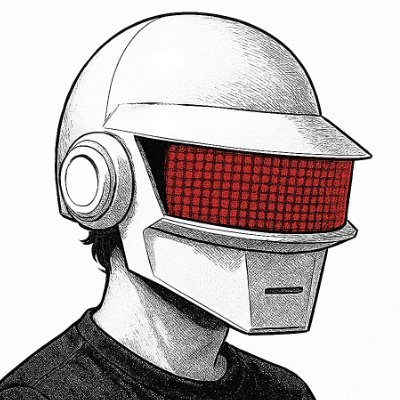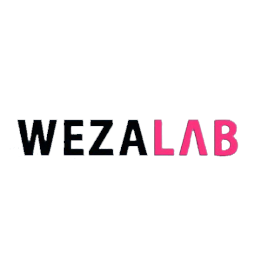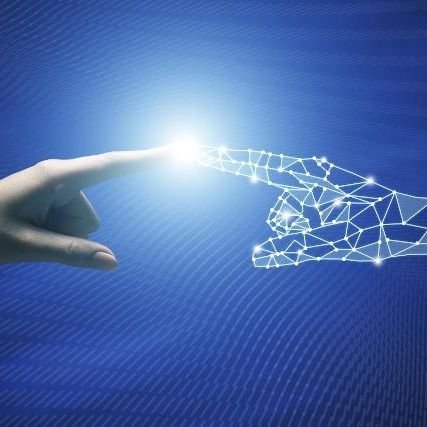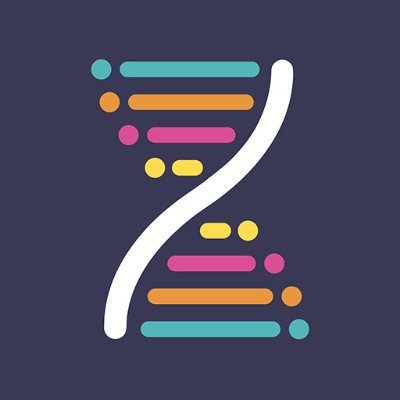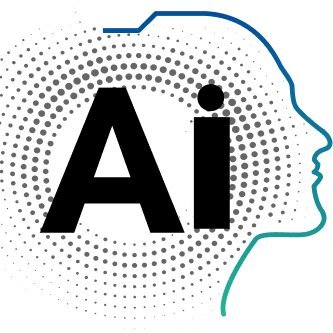
Luke Monington
@lukemoningtonAI
I'm passionate about LLMs, open-source, and all things AI. Check out my YouTube channel!
おすすめツイート
Create that AI project. Build that OpenAI plugin. Take that data science course. Just start!
Do you want to become a machine learning engineer? The most important step is to just start
Will the generative ai boom have the same outcome as the Dot-com bubble? Will there be a valley of disappointment? What is the next step in the evolution of ai? Perhaps the next stage is the autonomous ai boom. If this is true, it will come next year
The biggest challenge in the ai world right now is alignment
things are moving so quickly in the ai world that it actually makes sense to start from baseline. New research comes out every day that challenges some of our most fundamental assumptions of ai. Are positional embeddings good? Maybe. Is knowledge distillation good? Maybe.
Do you think GPT-5 will come out by the end of this year?
- Friend struggles with chat support 🤔 - Asks for live agent 🗣️ - Chat says it is a live agent 🤯 Conclusions: 1) People think AI is super advanced 2) LLMs are set for widespread integration
Is there a magic LLM size? Is there a point where scaling larger doesn't work anymore? Some of our largest models might be at that point. It was hypothesized that GPT-4 might have a trillion parameters. But what if it just has a couple hundred billion?
It is fascinating how quickly the AI alignment problem has taken center stage. RLHF will not work for a superintelligent system. What is the solution? David Shapiro talks about Axiomatic Alignment. That might work
We are running out of data to train LLMs. The largest models from the most well-resourced companies require an enormous amount of data. What is the solution? Maybe synthetic data #LLMs #SyntheticData
Why does in-context learning perform poorly compared to fine-tuning? There are two possible reasons: 1) The LLM fails to learn sufficient representations for the task 2) The LLM doesn't have the capability to reason well over the representations
Now that we have 4-bit LLMs for inference and training, what is next? I foresee the near future being dedicated to improved dataset curation techniques
I think the most interesting part of the TART research paper is that the reasoning module is entirely task agnostic. A single module can be applied to a bunch of tasks and added to any LLM. This could become a valuable part of an LLM pipeline
Are prompt engineers the future? That depends on whether the prompt engineers will be able to distinguish themselves. Because at the end of the day, if everyone is a prompt engineer, then no one is.
What is the best LLM customization for your task? If you have a small amount of data: in-context learning If you have a lot of data: fine-tuning
OpenAI's function-calling capabilities might be what will allow companies to distinguish themselves. Otherwise, anybody can replicate a prompt
Even after MONTHS of the open-source community and proprietary models pushing to achieve GPT-4 levels, we still haven't achieved it. Eventually, we will achieve it. But by then, maybe GPT-5 will be out. OpenAI has quite the lead!
Do you think open-source LLM progress will be hampered significantly by AI regulations this year?
Methods of customizing an LLM: 1) In-context learning 2) Fine-Tuning 3) Parameter-Efficient Tuning 4) Additional Module such as TART
In my opinion, one place where GPT-4 falls short is strategic thinking It is not very good at creating a plan of action Does anyone else agree?
United States トレンド
- 1. #WWERaw 106K posts
- 2. Packers 62.3K posts
- 3. Packers 62.3K posts
- 4. Jordan Love 9,368 posts
- 5. John Cena 85.9K posts
- 6. Patullo 6,258 posts
- 7. Jalen 20K posts
- 8. Pistons 14K posts
- 9. #GoPackGo 6,154 posts
- 10. #MondayNightFootball 1,576 posts
- 11. Jenkins 5,314 posts
- 12. #RawOnNetflix 2,559 posts
- 13. Matt LaFleur 2,429 posts
- 14. Nikki Bella 6,690 posts
- 15. AJ Brown 3,009 posts
- 16. Lane Johnson 1,625 posts
- 17. Bo Melton N/A
- 18. Green Bay 14K posts
- 19. Desmond Bane 3,549 posts
- 20. Gunther 6,809 posts
おすすめツイート
-
 Kyle Parkin
Kyle Parkin
@CodeByKyle -
 Jamie Voynow
Jamie Voynow
@jamievoynow -
 Ryan H. Lewis
Ryan H. Lewis
@ryanmurakami -
 TechMD
TechMD
@TechMDAI -
 Abraham Chengshuai Yang, Ph.D.
Abraham Chengshuai Yang, Ph.D.
@Chengshuai_Yang -
 Shijie Zhou
Shijie Zhou
@ShijieZhoucla -
 Vivek Kalyan
Vivek Kalyan
@vivekkalyansk -
 Kaushik Jaiswal
Kaushik Jaiswal
@kaushikjais -
 melovy
melovy
@melovyhaha -
 Gautam
Gautam
@DentIndianstu -
 Junhyeok Kim
Junhyeok Kim
@junhyeokkinn -
 minaco 🎢
minaco 🎢
@USJ_minaco -
 jiaoew
jiaoew
@EnweiJiao
Something went wrong.
Something went wrong.




















































